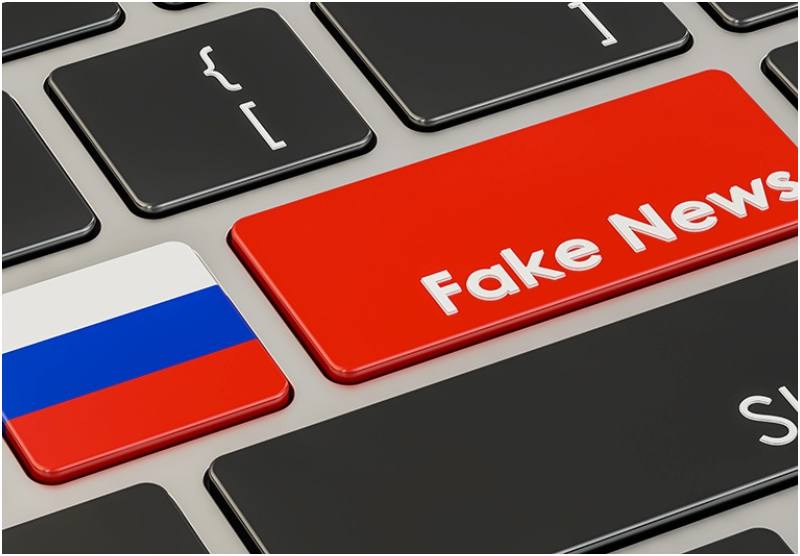The US Department of Justice (DOJ) announced on Wednesday a major crackdown on a Russian-backed disinformation campaign, seizing 32 internet domains linked to efforts aimed at swaying US and global public opinion.
The operation, dubbed “Doppelganger,” is reportedly tied to the Russian government and orchestrated under the supervision of Sergei Kiriyenko, a senior official in the Russian Presidential Administration.
DOJ Actions and Statements
US Attorney General Merrick Garland described the seized domains as key tools used by Russian organizations to distribute propaganda.
“An internal planning document created by the Kremlin states that a goal of the campaign is to secure Russia’s preferred outcome in the election,” Garland stated.
He stated that the DOJ’s actions demonstrate its commitment to countering foreign interference and protecting democratic processes.
Sanctions and Indictments
Alongside the domain seizures, the US Treasury Department imposed sanctions on 10 individuals and two organizations linked to the Doppelganger operation.
Among those sanctioned is Margarita Simonyan, chief editor of RT, a prominent Russian state news broadcaster.
The DOJ also announced the indictment of Kostiantyn Kalashnikov and Elena Afanasyeva, RT employees accused of managing nearly $10 million to produce and distribute propaganda targeting US audiences.
The indictment alleges that Kalashnikov and Afanasyeva financed a Tennessee-based company to post approximately 2,000 RT-produced videos on platforms including YouTube, TikTok, Instagram, and X, generating around 16 million views.
These videos reportedly addressed divisive issues such as immigration and inflation.
Statements from DOJ Officials
US Attorney Damian Williams noted:
“The instruments of the scheme were RT employees Kostiantyn Kalashnikov and Elena Afanasyeva, who managed the operation from Moscow using fake personas and shell companies, and the victims of the scheme were the American people, who received Russian messaging without knowing it.”
Broader Context
The DOJ’s actions come amid ongoing concerns about foreign interference in US elections. Russian-backed disinformation campaigns have been linked to efforts to manipulate political discourse and exacerbate societal divisions.
The current case is part of a broader pattern of attempts by foreign actors to influence domestic electoral processes, highlighted by a trial beginning this week in Florida involving American activists accused of disseminating Russian propaganda.
For more information on the DOJ’s actions and related developments, visit the official DOJ website or follow updates on major news outlets.

